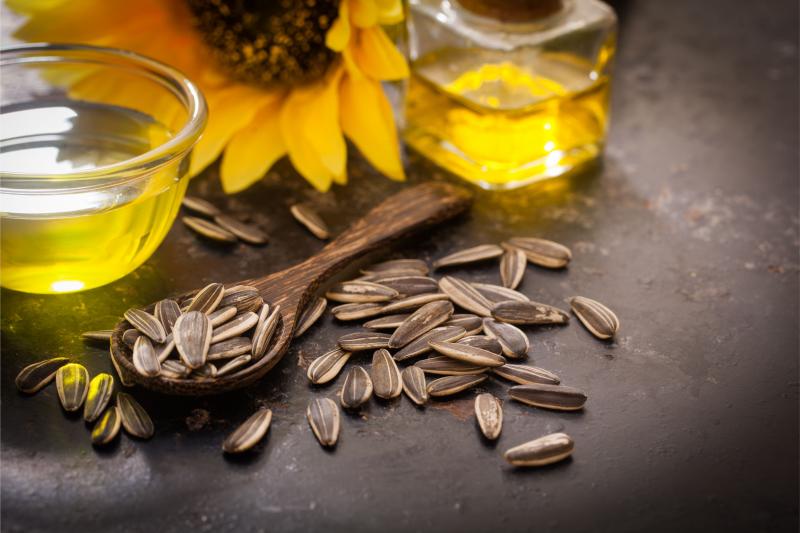
Kazakhstan can not provide itself with vegetable oil of its own production. This was stated by experts at an online seminar of the Agricultural Experimental Station Zarechnoye LLP, reports World of NAN.
The staff of the station's laboratory informed the participants of the seminar about the results of their long-term research and shared their unique experience.
Senior researcher of the Crop Breeding Laboratory, Zinagul Agibayeva, said in her report that sunflower accounts for 70% of the sown area and 85% of the gross yield of oilseeds among oil crops. However, Kazakhstan can not fully provide itself with vegetable oil. As a consequence, the import of vegetable oil increases every year, the expert said. She voiced a disappointing statistic - each year Kazakhstan buys products of oil-processing industry in other countries for 10 billion tenge.
During the seminar we learned that in economic importance sunflower is a source not only vegetable oil but also many other products.
"For example, honey bearers from 1 hectare of sunflower can collect up to 30 kg of honey. Also low-grade sunflower can be used in the production of soap, linoleum, ethyl alcohol, paints and fodder cake", - revealed the speaker during the report.
Having touched upon the urgent problems of oil-processing sector, the scientist, in her turn, suggested 2 ways to increase the growth of oilseeds. The first, intensive - introduction of new varieties and hybrids of sunflower, the development of new technologies and equipment. The second, extensive - expansion of cultivated fields for the crop.
If we rationally use the opportunities and implement these methods, Kazakhstan could well provide itself with vegetable oil and stop imports from abroad, the speaker said.
At the end of the report, Agibayeva focused on the technology of cultivation, the factors affecting the productivity of sunflower and its new varieties developed in the Kostanay region.
In turn, Ivan Sidorenko, head of the Laboratory of Crop Breeding, explained to the seminar participants the advantages of growing soybeans and told about the nuances of its sowing. He also provided a list of soybean varieties recommended for planting in Kostanay oblast. These were, for example, such varieties as Bara, Bilyavka, Zolotistaya, and Ivushka. The speaker noted their effectiveness and productivity when sowing in the north of Kazakhstan.
Meiramgul Nurgaliyeva, senior researcher of the Laboratory of Crop Breeding, shared information on preparation for oilseed flax sowing.
Yuri Tulayev, head of the Laboratory of Precision and Organic Farming, candidate of agricultural sciences, also gave an informative presentation. The participants received advice on soil preparation for sowing, pesticide treatment, and learned about peculiarities of agrochemical inspections of fields in the coordinate system.






































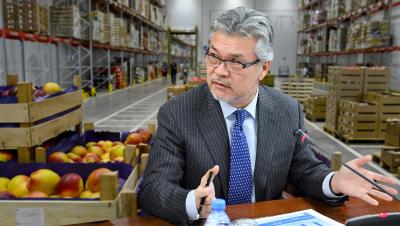
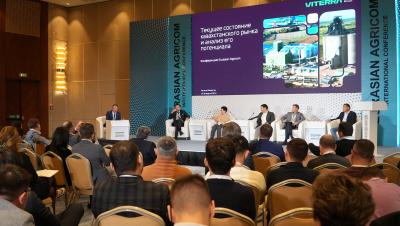
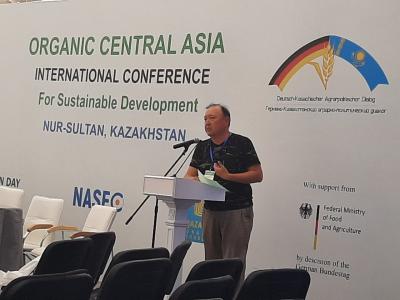
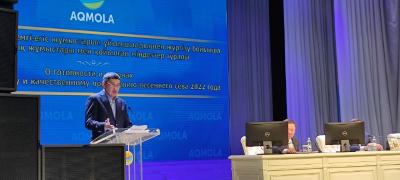
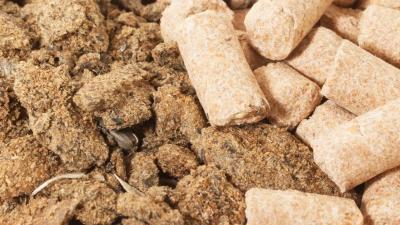

Обсуждение